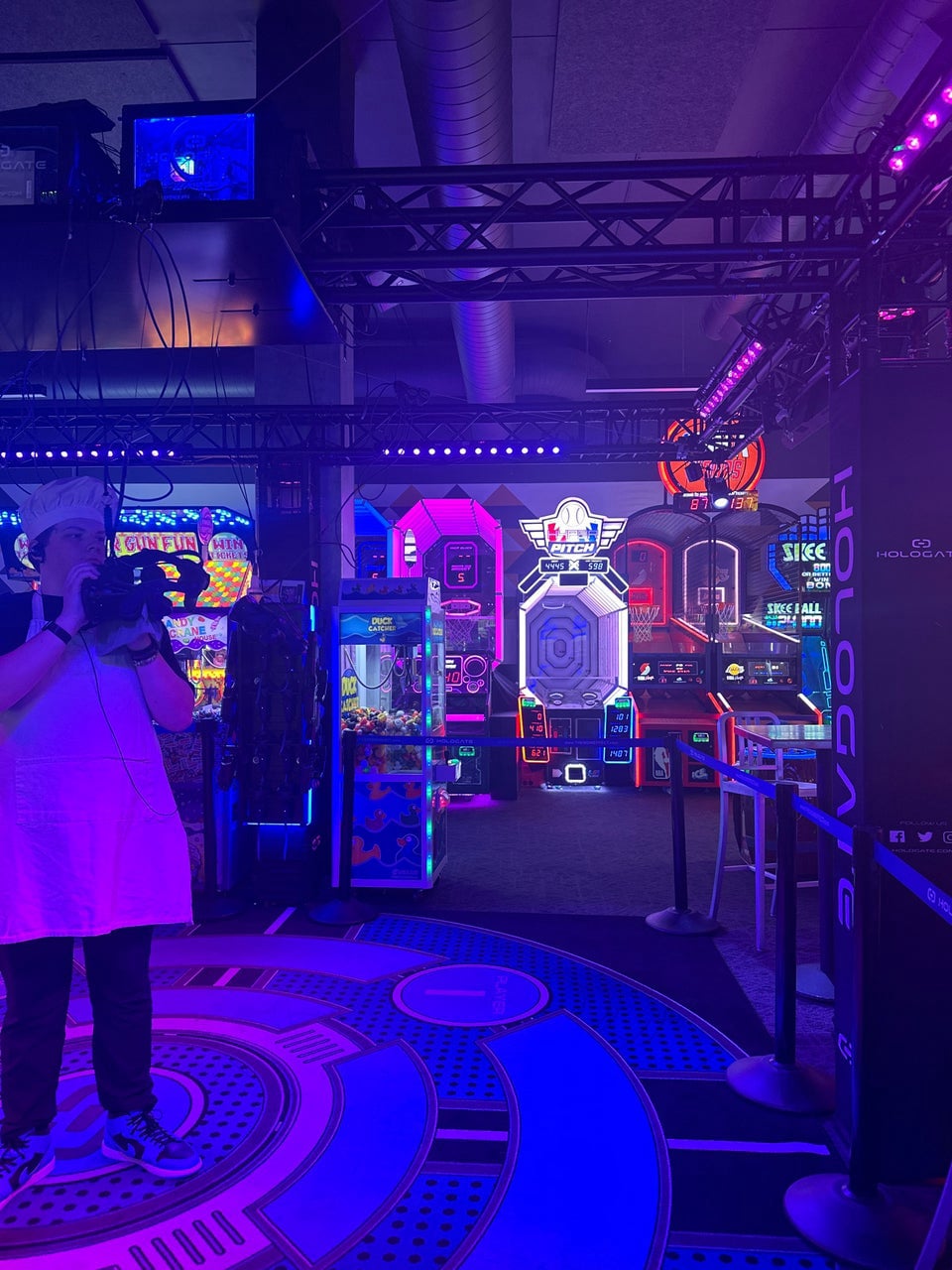

Opening a new family entertainment center (FEC) can be an exciting and rewarding venture. However, it’s also a significant investment that requires careful planning, research, and analysis to ensure its success. One of the most crucial steps in the process is conducting a comprehensive feasibility study. This study is an essential tool that provides a deep understanding of the potential market, the financial requirements, and the overall viability of the project.
Family Entertainment Center Consultants specialize in helping entrepreneurs and businesses create successful, engaging, and profitable entertainment venues. By offering expert guidance on everything from site selection and layout design to operational strategies and attraction selection, these consultants ensure that family entertainment centers (FECs) are tailored to their target markets.
In this blog post, we’ll explore why feasibility studies are so important when opening a new FEC and how they can impact the long-term success of your business.
1. Understanding the Market and Demand
Before diving into the details of operations, design, or financing, it's essential to understand the demand for a family entertainment center in the target area. A feasibility study examines the local market, customer demographics, and the level of demand for entertainment options.
Questions to consider in this phase include:
What age group is most likely to visit?
How many similar entertainment venues exist in the area?
What are the trends in consumer spending on entertainment?
By answering these questions, you can identify whether the area has the potential to sustain a successful FEC. This analysis helps avoid the risk of opening an FEC in an underserved market or oversaturated area, both of which can significantly reduce the likelihood of success.
2. Assessing Financial Viability
Starting an FEC requires a significant upfront investment, and managing the finances of such a business can be a delicate balancing act. A feasibility study provides insight into the financial feasibility of the project by estimating initial costs, ongoing expenses, and projected revenues.
Some key financial aspects covered in the study include:
Start-up costs: These include expenses for land acquisition, construction, design, equipment, and staff recruitment.
Revenue projections: The study will estimate potential income based on expected visitor numbers, ticket prices, food and beverage sales, and other revenue streams.
Operational costs: This includes staffing, maintenance, marketing, utilities, and insurance.
By conducting this analysis, you can determine if the FEC is likely to be profitable and how long it will take to break even. Without a proper financial assessment, you risk underestimating the capital needed to keep the business afloat in the early stages.
3. Evaluating Location and Site Selection
Location plays a critical role in the success of an FEC. A feasibility study helps identify the best location by evaluating foot traffic, accessibility, and proximity to other entertainment and retail options.
The study also takes into account:
Demographics: Understanding the area's population age range, income levels, and family-oriented activities is essential for designing an FEC that meets the needs of the local community.
Accessibility: Proximity to major roads, parking availability, and public transportation access are key considerations.
Competition: Understanding where competitors are located allows you to find a niche or determine whether the market can sustain additional players.
Choosing the wrong location can drastically affect the success of the business, so a thorough site selection process is vital for long-term profitability.
4. Identifying Operational Risks and Challenges
Every business faces challenges, but knowing what to expect in advance can help mitigate risks. A feasibility study highlights potential challenges such as:
Labor availability: Is there a local talent pool to hire from, or will staffing be a constant challenge?
Regulatory concerns: Understanding local zoning laws, building codes, health and safety regulations, and licensing requirements is crucial to avoid costly delays or fines.
Seasonality: Many FECs experience fluctuations in business based on seasons, holidays, or school schedules. The study helps to predict periods of low activity and prepare for them.
By understanding these risks early, you can put strategies in place to manage or avoid them, ensuring smooth day-to-day operations once the center is up and running.
5. Enhancing Decision-Making and Stakeholder Confidence
A well-conducted feasibility study provides clear, data-backed insights that can help decision-makers determine the best course of action for opening a new FEC. Whether you're a seasoned investor, a first-time entrepreneur, or part of a management team, having solid data about the market, financials, and operational risks gives you the confidence to move forward.
In addition, if you need to secure funding or attract investors, a feasibility study can serve as a powerful tool to showcase the potential for success. Investors are more likely to commit to a project that is well-researched and backed by data, rather than one based on assumptions or guesswork.
6. Design and Concept Planning
The design and concept of your FEC are critical to attracting customers and keeping them engaged. A feasibility study can guide this phase by identifying the types of attractions and services that would appeal to the local audience. For instance, does the market favor high-tech arcade games, interactive play zones, or more traditional offerings like mini-golf or bowling?
The study helps you prioritize the most effective use of space and resources, ensuring the center’s layout and design are optimized for both customer satisfaction and operational efficiency. Additionally, it can help identify what services (like birthday parties or food offerings) would provide the best return on investment.
7. Mitigating Long-Term Failure Risks
Finally, the ultimate purpose of a feasibility study is to identify any fatal flaws in the business plan before you commit significant time and resources. It allows you to uncover issues that might lead to long-term failure, such as unsustainable financial projections, poor location, or an inadequate business model.
With this information in hand, you can adjust your plans to mitigate potential risks, saving you from costly mistakes. This could mean revising the scope of the project, securing additional funding, or even deciding not to move forward with the project altogether.
Opening a family entertainment center is an exciting prospect, but it comes with its share of challenges. A thorough feasibility study is the best way to minimize risks and increase the chances of success. By understanding the market, financials, location, and potential risks, you’ll be better equipped to make informed decisions that will help ensure your FEC is profitable and sustainable in the long run.

30262 Crown Valley Pkwy
Suite B520
Laguna Niguel, California
92677